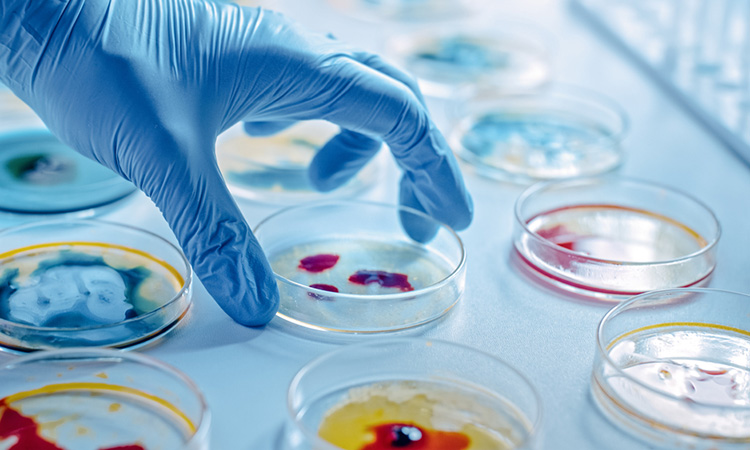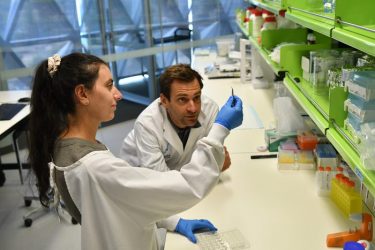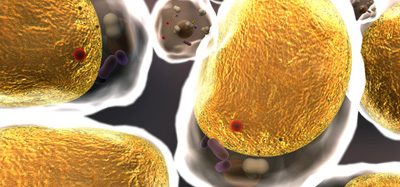Scientists ‘reinvent’ petri dish for growing live brain tissue
Posted: 22 February 2022 | Ria Kakkad (Drug Target Review) | No comments yet
Researchers have innovated the petri dish to be able to grow and age live brain cells from patients with neurological disorders.


Researchers at Flinders University, Australia and the South Australian Health and Medical Research Institute (SAHMRI) have found a possible way for the petri dish to grow and age live brain cells from patients with neurological disorders. This research, published in Stem Cell Reports, is a critical stage in achieving targeted drug treatments for patients with neurological disorders and could also enhance future studies on conditions such as dementia, Parkinson’s, epilepsy, autism and mental health disorders.


PhD Bridget Milky and Associate Professor Cedric Bardy working on the new technology for growing brain tissue in the lab.
[Credit: Flinders University].
“The new substrate applied to petri dishes maintains complex electrical connections between neurons, allowing us to model the patient’s brain more accurately and determine the best treatment with more certainty,” said first author PhD candidate Bridget Milky.
On a global scale, researchers have managed to turn patients’ skin cells into induced pluripotent stem cells and brain cells. This Nobel Prize winning breakthrough gives new hope for neurological therapeutic discoveries, which are notoriously difficult due to limited access to patient brains. However, much still needs to be accomplished to make this lab model as realistic and effective as possible.
“I believe testing drugs on patient cells before enrolling clinical trials will be a game-changer for medical discoveries, but we need to get the model right. This study takes us closer to this goal,” said Associate Professor Cedric Bardy. “Advancing patient-specific pre-clinical research is so important for so many people both young and older who currently suffer from brain disorders and may not have time to wait for expensive and lengthy clinical trials with very slim chance of success.”
Related topics
Disease Research, Drug Targets, In Vitro, Neurosciences, Stem Cells
Related conditions
Autism, Dementia, Epilepsy, Neurological disorders, Parkinson's
Related organisations
Flinders University, South Australian Health and Medical Research Institute (SAHMRI)
Related people
Associate Professor Cedric Bardy, Bridget Milky








